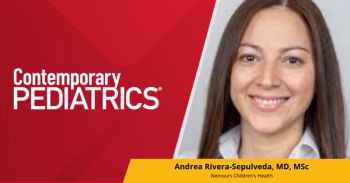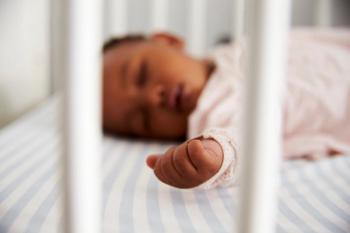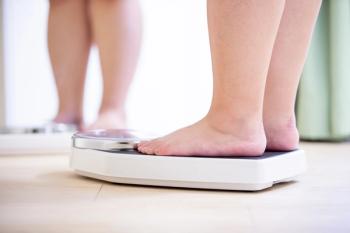
HPV vaccine completion rates decline sharply
Completion rates among young women for the 3-dose series of quadrivalent vaccine for human papillomavirus (HPV) declined sharply between 2006 and 2009, a study has found. Why aren?t young women returning for subsequent vaccinations?
Completion rates among young women for the 3-dose series of
Those persons who had at least 3 claims for quadrivalent HPV vaccine on 3 different dates within 1 year were considered as completers of the vaccine series.
Findings showed that across the time period, the proportion of participants who completed the HPV vaccine series declined for all age groups. For those aged 9 to 12 years, the percentage of completers declined from 57% in 2006 to 21% in 2009; for ages 13 to 18 years, from 55% in 2006 to 21% in 2009; and for ages 19 to 26 years, the rate dropped from 44% in 2006 to 23% in 2009. For women aged 27 years and older, the percentage of completers increased from 2006 to 2008, but declined slightly in 2009.
Researchers say that the results are disturbing because the average age of first sexual encounter for girls is 17 years, and it could be lower than 14 years in 5% of them. Women need to complete the vaccine series by 18 years to achieve maximum protection against HPV infection and
Health care providers may not be following up with patients to encourage subsequent doses of the vaccine, and higher insurance copays and deductibles might discourage those patients who are experiencing economic difficulties from completing the series of vaccinations.
The study also found that although pediatricians were more likely to begin vaccinating for HPV, obstetricians and gynecologists were more likely to administer first doses to completers of the HPV series.
Newsletter
Access practical, evidence-based guidance to support better care for our youngest patients. Join our email list for the latest clinical updates.








